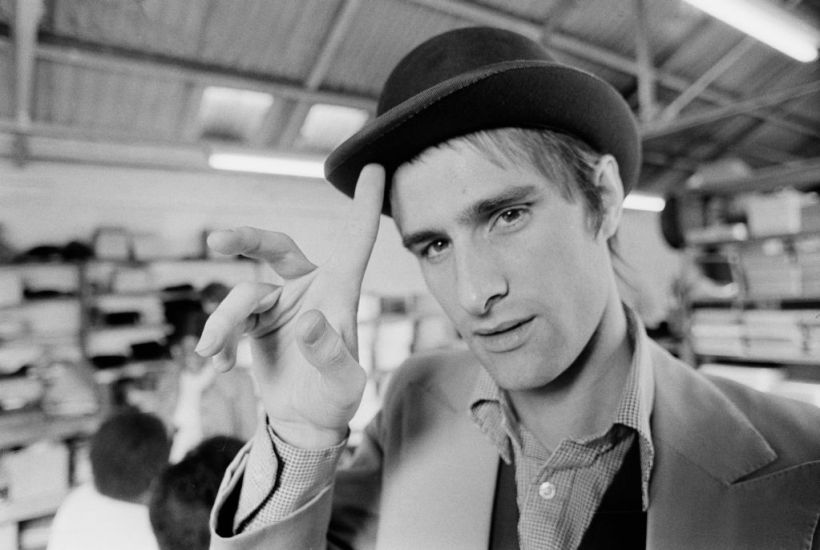Celebrity deaths range from the ‘tragically young’ (Amy Winehouse) to the ‘I thought they’d gone years ago’ (Peregrine Worsthorne) and the monumental (Michael Jackson). But there’s another type: a more low-key one that knocks you a bit, as much as the death of a stranger can. Steve Harley, whose death was announced this weekend by his family, was one of those.
Already a subscriber? Log in
Subscribe for just $2 a week
Try a month of The Spectator Australia absolutely free and without commitment. Not only that but – if you choose to continue – you’ll pay just $2 a week for your first year.
- Unlimited access to spectator.com.au and app
- The weekly edition on the Spectator Australia app
- Spectator podcasts and newsletters
- Full access to spectator.co.uk
Or




















Comments
Don't miss out
Join the conversation with other Spectator Australia readers. Subscribe to leave a comment.
SUBSCRIBEAlready a subscriber? Log in